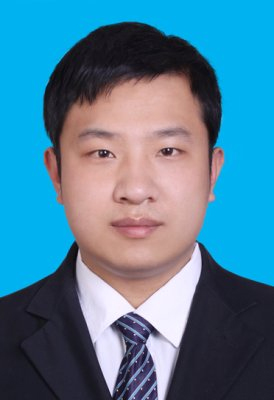The 6th International
Symposium on Thermal-Fluid Dynamics
(ISTFD 2025)


The 6th International
Symposium on Thermal-Fluid Dynamics
(ISTFD 2025)

Prof. Qi Xiao
Wuhan Second Ship Design and Research Institute, National Key Laboratory of Marine Thermal Power Engineering, Wuhan, China
E-mail: zhiyan7@sina.com
Bio
Xiao Qi, professor in State Key Laboratory of Marine Thermal Energy and Power, Wuhan Second Ship Design and Research Institute. He has long been engaged in fundamental research on thermos-hydraulics of marine propulsion systems, focusing on multiscalel dynamic simulation power cycle and multiphase flow. He has led over 10 major projects, such as National Natural Science Foundation of China grants. He has published over 60 academic papers (40+ SCI/EI-indexed), holds over 60 authorized invention patents (28 as first inventor), and has registered 5 software copyrights.
Title
Simulation of High-Viscosity Oil-Gas Two-Phase Flow and Gas Removal Process
Abstract
The lubrication system of conventional ship power systems is prone to entraining a large number of bubbles during operation. The collapse and rupture of these bubbles can damage the lubricating film at critical oil-lubricated components, such as main engine bearings, thereby compromising the operational reliability of the power system. This study establishes a predictive model for high-viscosity oil-gas two-phase flow by enhancing the traditional Eulerian multiphase flow model with considerations of bubble size distribution and force characteristics within the oil. By optimizing the flow channel design, filter screen material, dimensions, and coordinated arrangement angles in the circulating oil tank, the gas removal efficiency from oil-bubble mixtures is significantly improved. Furthermore, a pressure oscillation wave-induced self-excited pulsed jet combined with a hydrocyclone separator enables efficient separation and online degassing of dissolved gases in lubricating oil. The findings of this research provide guidance for substantially reducing bubble content in high-viscosity oil systems and enhancing the operational safety and reliability of power systems.